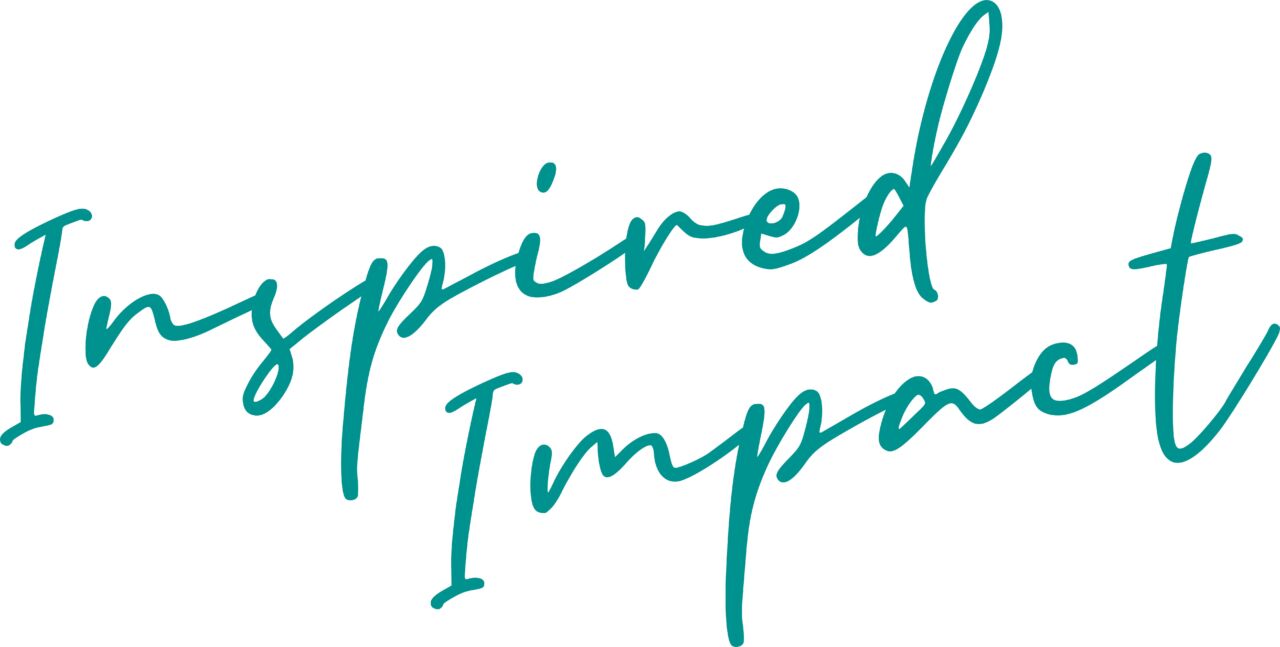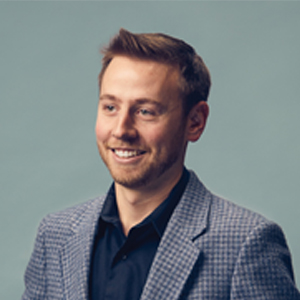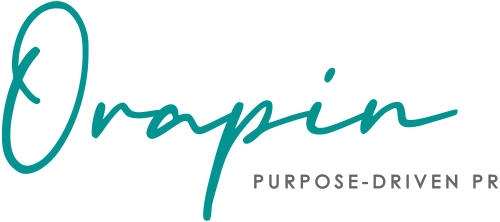
Interviews with purpose-driven business leaders who are dedicated to helping others and making a positive impact in the world.

Jake Eichengreen is the Founding Executive Director of Quad Innovation Alliance headquartered in Colorado Springs, CO. Follow them on Facebook, Twitter, Instagram, and LinkedIn, and learn more at quadcos.org.
TELL US, WHO ARE YOU AND WHAT DO YOU DO?
My name is Jake Eichengreen. I’m the founding executive director of the Quad Innovation Alliance which is a joint initiative between Colorado College, Pikes Peak Community College, the University of Colorado in Colorado Springs, and the US Air Force Academy. We’re essentially a student consulting program. We offer below market research analysis and general consulting capacity to companies, projects, and initiatives across the Pikes Peak region. Simultaneously we’re training the next generation of changemakers in the work of doing good stuff in our communities.
HOW DID YOU GET HERE?
I quite literally fell into this opportunity. Several years ago, I was visiting home in Colorado Springs and fell and broke my ankle while rock climbing. While I was still here I had a serendipitous coffee with a local community leader. First, I worked for him on a couple of community development projects. Then I actually moved to Uganda to build a microfinance company that I dreamed up when I was an undergraduate in college. On my way back from that experience, I was recruited into the role of building the Quad by the leadership of the four schools. Before I moved to Uganda, we had discussed this vision for a collaborative initiative that would help close gaps between student preparedness and professional success. The four schools are very different in their missions and cultures, so building something within the traditional academic program of delivering credit for student work was not going to be an easy equation. So the thought was to hire an entrepreneur who could approach this from a different angle, and I fit the bill.

Jake Eichengreen is the Founding Executive Director of Quad Innovation Alliance headquartered in Colorado Springs, CO. Follow them on Facebook, Twitter, Instagram, and LinkedIn, and learn more at quadcos.org.
WHAT DO YOU STAND FOR? WHY IS THIS WORK IMPORTANT TO YOU?
The thread of continuity for my career is finding ways to integrate diverse voices and experiences and people in partnership and making sure that decisions are made with everyone represented. That expressed itself in Uganda when I was partnering with subsistence farmers to figure out how we could develop local economic opportunities. At the Quad, I think it’s front and center. There are differences between each school, which represents a different quadrant of higher education. We’re able to layer the strengths and capacities of these different institutions into project teams that are hard to replicate in any other way, shape, or form. There’s also the diversity of students who do the work within our program. We work with older students, traditional students, students who are veterans, and students from all ends of the economic spectrum. It’s every possible racial identity, every possible sexual orientation. The core value proposition of our program to our project clients is that diversity of thought, perspective, and experience. We know that it takes differences of opinion and identity to build worthwhile things. And so to me personally, that is important because when you’re able to convene everyone at a table and work through the hard things, you end up finding solutions that actually work. None of them are perfect, but they actually can make some progress in the world. I know I’m speaking generally but our work is so broad it’s hard to get more narrow in terms of what that specifically looks like without diving into all sorts of examples and such.
WHAT IMPACT ARE YOU MAKING?
I think about impact at the Quad in three different ways. The first is the impact we’re having on our students, in terms of their experiential learning and growth. One of our founding tenants is that we exist to provide transformational learning and growth to our students. That manifests as both hard skills where they’re practicing writing for a professional audience and more importantly the soft skills. It’s the comfort in ambiguous situations, and the willingness to think critically to overcome obstacles and to navigate the muck of answering questions that haven’t really been answered well before. We quantify that through pretty standard methodology and from surveys of students who really lean on their self-reported growth.
The second dimension of impact that I think about is the work itself – what are our projects doing? Our portfolio is very broad. We’ve done work in pediatric suicide prevention, public trust, economic development, education, food security, and more. Each of these projects is relatively self-contained. We’re very careful to make sure that it’s a tactical, achievable scope of work, but the cool part is watching the work actually be used. It’s creating an affordable, accessible community where people can feel as if they have a home.
The third dimension is a lot softer, and maybe not as significant, which is just the standard of collaboration that we are setting that was part of the original vision for the Quad. That was part of what brought these four different institutions together, and it’s working. There is no parallel organization anywhere in the United States. Some of that’s driven by how rare U.S. service academies are. But even when you start looking deep into other collaborative programs across colleges and universities, there are very few that convene students in the same room to work together on a longitudinal basis. We’re setting the standard of collaboration in Colorado Springs within our local community. We have started to share our story to a broader audience in higher education and highlight the cool things that come from getting a community college student to interface and work directly with a state university student and a private liberal arts student and watch some of the innovation and creativity that happens when you put those different lives, experiences, and perspectives together.
WHAT (OR WHO) INSPIRES YOU TO DO THIS WORK?
Honestly, it is my own personal experience that inspires me to do this work. Throughout my life, I have been fortunate to witness the power of collaboration, and what happens when stakeholders or partners are left out of that collaboration, even completely unintentionally. When I was a student in college, I studied the impact of various different economic development strategies in East Africa and in Haiti. What was amazing was so much of the decision-making around which strategies to use in which countries, in order to create more economic opportunity, are driven at the board level of international organizations or the leadership level of international organizations. These organizations do their best to bring local experience and perspective into that process, but there’s just so much distance between that decision-making and local experience, that it doesn’t always work.
The communities I worked with in Uganda ultimately were on the receiving end of a lot of well-intentioned economic development support designed to build opportunities for small businesses, to help people move from agricultural existence to a market-based existence through small shops and basic businesses – and it worked. People transitioned into those businesses, their income started rising very rapidly. But it also introduced new types of competition into a very communal and cooperative culture. When you talked to people on the ground, there was much more social isolation and cultural destabilization. My impression was, “Wow, this is a community that’s wealthier, but I’m not sure they’re actually better off.”
My inspiration comes from a combination of individual moments that then create an experience that has highlighted the importance of elevating totally different voices and decision-making processes and making sure that all are, in fact, part of that process. Part of why the Quad is so broad is that we’re working with undergrads, who have a very general skill set. But also it doesn’t really matter if you’re talking about economic development, or racial bias in policing, or health equity, or educational attainment. In any of the issues that we as a country, as a community, are currently dealing with, when you boil them down, there are people who aren’t hearing each other. That was what I experienced in Uganda and that’s what is really driving and inspiring the work I’m doing right now.
WHAT’S YOUR VISION, YOUR BIG DREAM FOR THE IMPACT YOU WANT TO MAKE?
I want our students to carry forward this appreciation for being part of something bigger than themselves in a team environment. I want them to realize that the work is better. It might be harder, but it’s better if you’re doing it with a bunch of people who are different from you. I want them to have faith that they have a reason for being there. I think that’s the ultimate power and impact of education, that if you can inspire students to carry some of their learnings and experiences forward, you end up creating an impact that is much, much, much bigger than we could do on our own within our own organization.
WHAT CHALLENGES ARE YOU FACING?
There are tactical challenges in every organization, of course. But on a much bigger level, we’re running into many of the same issues that so many others are in terms of the polarization of communities across the United States and the orientation of most people towards sources of information and those who agree with them and reinforce their point of view. Maybe it’s intentional, maybe it’s unintentional, but it’s certainly happening. There’s isolation into echo chambers. It makes things so much more difficult for us because we’re ultimately operating under the assumption that our students and our clients are ready, willing, and capable of listening deeply to each other and hearing what everybody is saying. But in today’s landscape, there are so many pitfalls that are twisted, that then trigger some sort of reaction that gets in the way of hearing each other. We end up having to spend a lot more time getting our teams on the same page and building trust between our individual team members. It’s challenging in an academic environment where we’re driven by the semester system and have a limited amount of time already.
WHAT’S ONE THING YOU WANT PEOPLE TO KNOW ABOUT YOUR CAUSE AND/OR THE WORK YOU’RE DOING?
The work of hearing each other is hard. It takes a lot of energy and effort, and it takes a lot of humility, self-awareness, and a sense of self. There’s an internal resilience that’s necessary when you’re trying to understand a point of view that you may not agree with. But it’s worth it. It’s hard, but it’s worth it.
DO YOU HAVE A FAVORITE QUOTE OR WORDS OF INSPIRATION TO SHARE?
The book “Mountains Beyond Mountains: The Quest of Dr. Paul Farmer,” describes the philosophy of his organization, Partners in Health. It came from the medical system figuring out how to optimize the use of their resources. That led to decisions around giving people care when it’s easy to do it, and not to others when it’s harder. It was a philosophy that we can do more good by serving more people, and by not serving others when it’s too difficult. He asked the question, “Why? Why are we thinking more is better?” It’s essentially a conflict of breadth versus depth. I have been inspired by that philosophy of “Why?” in that specific context, it’s a question worth asking. In his case, it’s actually a human who’s sick but curable. In my case, it’s a zillion different things. I find that very inspiring.
HOW CAN OTHERS SUPPORT YOU OR YOUR CAUSE?
It would be easy to say, “Go to our website and learn more about what we’re doing,” but it’s bigger than that. It’s really trying to understand what somebody is saying, why they are who they are. Sometimes you’ll be inspired by that; sometimes you’ll be disappointed by that. But at least you’ll understand on a human level the experiences of those around you.
Orapin Marketing + Public Relations helps purpose-driven organizations share their stories and expertise to increase visibility and become a leading voice for their cause. We believe those who are working to make a difference in the world need to be known, supported, sought-after, and celebrated. If you would like to be featured in INSPIRED IMPACT™, reach out to hello@orapinmarketing.com.

